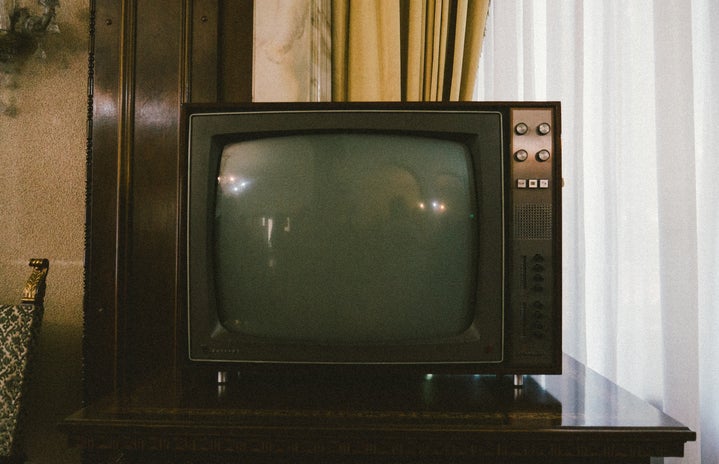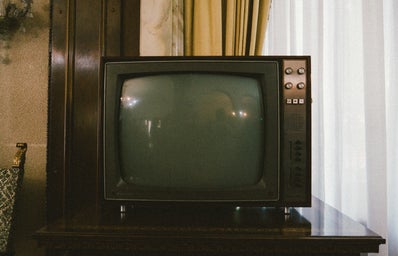It’s no secret that Snow White was a minor in the famous Disney film, where she takes care of seven adult men at once. Besides her natural beauty and excellent voice, she has other abilities such as cleaning, cooking, and picking up after men. This Anglo-Saxon film puts a gigantic dilemma into the table: sex bias. The problematic nature of sexism can be seen on a wider scale, or should I say, a more condensed one. We need not look any further than Puerto Rico to witness women being oppressed by men on a daily basis. Actually, we’re kind of experts on the topic.
“Esa nena está como la caña en Febrero”
In Puerto Rico, despite being the year 2022, the contrast in gender roles has not faded. Puerto Rican culture has distinctive ways to act toward people’s diversity. Sexism, caused by culturally accepted gender roles, is prominent due to its explicit presence in our daily lives. This includes Puerto Rican TV shows, cultural stereotypes, power dynamics involving gender, and the influence of the toy industry. Puerto Rican TV shows, especially Puerto Rican comedy and tabloid television shows, emphasize the standard that women are gossipers or “chismosas”. Many local TV figures like La Condesa and La Comay display the image of said stereotype since it represents a woman, rarely a man, commenting on news or trending rumors. As a direct result, an ever-increasing amount of cultural stereotypes surrounding women are normalized and slowly integrated into our everyday vocabulary. This includes catcalling, slut-shaming, fat-shaming, and objectifying comments, such as “Esa nena está como la caña en Febrero”, which is an expression supposed to compliment a woman’s body. Regardless of the intention, these types of expressions are, by no means, ever told to men.
The influence of TV and vocabulary affects the cultural unconscious, an idea supported by Carl Jung’s theory where he explains the cultural unconscious is not an individual idea, but a social generalization. Sexism is present in our daily life, but young girls are also exposed to it by means of the toy industry. Kid-sized kitchens, real-looking babies, and grocery or shopping toys are commonly gifted to young girls. Meanwhile, young boys interact with cars, sports gear, and fake weapons. Sigmund Freud’s theory that childhood experiences affect the psyche is evident since young girls are conditioned to fulfill the role of a woman approved in society by exposing them to toys that encourage “womanly” tasks.
Popular Puerto Rican radio and television outlets often feature programming that portray women in a negative light that reinforces their societal “duties” to perform gendered roles (the housewife) or stereotypes (the “chismosa”) through indirect manipulation. Unfortunately, this issue goes beyond the Island, as gender roles and sexism are viruses that are purposely designated to women throughout their lives on a worldwide scale.


